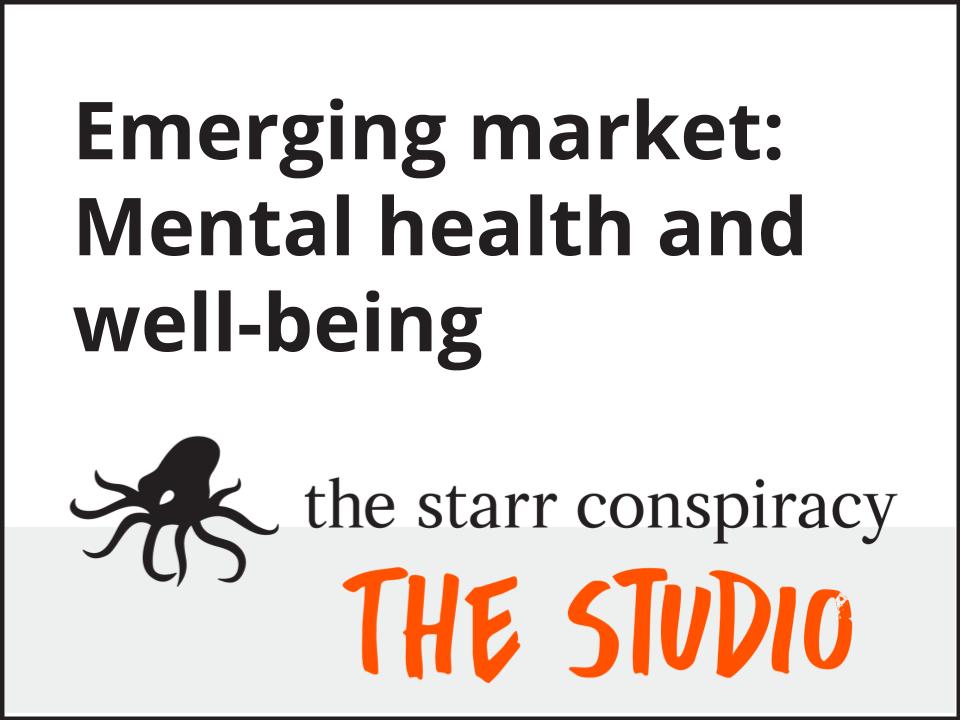Had enough yet? If so, you’re not alone. COVID has created an enormous mental health challenge for employers, creating a burgeoning work tech market.
Research from the nonprofit Mind Share Partners, conducted in partnership with Qualtrics and SAP, found that the mental health of almost 42% of respondents had declined since the coronavirus outbreak began. And according to U.K. well-being startup Unmind, more people are turning to their employers for help. Since the beginning of May, their data shows that 79% of businesses had seen a rise in staff requests.
None of us can do this alone. We all need help. Our friends at Thrive Global had a webinar on Friday on how to better support your people today.
For the first time since the industrial revolution, three of our biggest social institutions (work, family and school) are occurring in one place—our homes. As New York Times bestselling author Eve Rodsky heard from one woman, “Can someone please explain how to homeschool the kids, take care of all the meals, laundry and dishes and also work full time from home and still be productive and responsive?”
Studies since March show that employees are stressed, burnt out, and opting out at an unprecedented rate. Business leaders have a unique opportunity to mitigate these burdens and show up for their employees given the unprecedented pressures this new reality creates.
But, if you can’t deploy a new program right now, remember that empathy is free. At the agency we’ve been talking a lot these last few weeks and months about how to create a better, safer, healthier atmosphere for mental and emotional health.
We’ve instituted quiet times, 4-day work weeks, and quiet Fridays to get work done without a loss of focus. But not only can you get more work done during these times, we’ve been encouraging our people to take care of household chores and family as well as their bodies with exercise and rest. Hell, take a nap if you want to. That’ll get you recharged to come back to work refreshed.
So, we encourage you to truly be there for the people around you. Pay close attention to your colleagues and coworkers who need help. Not everyone knows how to ask.
In a year that will produce many lasting workplace changes, well-being may well emerge as the essential Work Tech category. There’s a lot to unpack in this area. We’ll take a crack at it later this fall in an upcoming brandscape.


